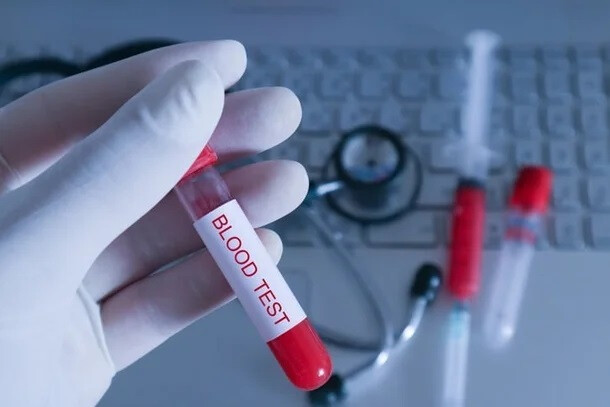
KUNMING, China – A groundbreaking discovery in China has brought to light an exceptionally rare blood type, the 'p-type,' within an ethnic minority autonomous region. This find, a medical marvel with a global incidence of less than one in a million, underscores the vast genetic diversity and the ongoing need for advanced blood typing methodologies.
On June 16, the Wenshan Zhuang and Miao Autonomous Prefecture Blood Center in Yunnan Province announced the identification of the p-type blood. This marks a significant milestone for the center, which, over its 22-year history, has screened approximately 570,000 donors without previously encountering this ultra-rare blood type. The discovery was made during routine antibody screening of an O-type donor's blood, in collaboration with the Clinical Transfusion Research Institute of the Guangzhou Blood Center.
The P blood group system, distinct from the more commonly known ABO and Rh systems, was first reported in 1927 by Austrian-American pathologist Karl Landsteiner, who also discovered the ABO blood groups. Due to its unique antigenic properties, the P system often goes undetected by standard ABO and Rh blood typing reagents, making its identification particularly challenging.
The P blood group system is complex, comprising five recognized phenotypes: P1, P2, P1k, P2k, and the extremely rare 'p' phenotype. The 'p' phenotype is characterized by the complete absence of P, P1, and Pk antigens on red blood cells, as well as the presence of naturally occurring anti-Tja antibodies in the serum. This absence of common P antigens makes individuals with p-type blood unable to receive transfusions from any other P blood type, including P1, P2, P1k, or P2k.
The rarity of the 'p' phenotype is astounding, estimated to be less than one in a million individuals worldwide. To put this into perspective, it is significantly rarer than the Rh-negative blood type, which accounts for approximately 0.3% of the global population.
This latest discovery in Yunnan follows a similar finding in January of last year in Taixing People's Hospital in Taizhou, Jiangsu Province. At that time, it was reported that only 12 individuals with p-type blood were officially recorded in China, a nation with a population exceeding 1.4 billion. Each new identification of this blood type contributes invaluable data to the global understanding of blood group distribution and genetic epidemiology.
The clinical implications of possessing p-type blood are substantial. Individuals with this phenotype can only receive blood transfusions from donors who also possess the p-type. This severely limits transfusion options, particularly in emergency situations, and necessitates the establishment of rare blood donor registries and international cooperation for blood supply.
Furthermore, for women with p-type blood, there are significant reproductive health risks. The presence of anti-Tja antibodies can lead to recurrent miscarriages and fetal demise, as these antibodies can cross the placenta and attack fetal red blood cells. The identification of this rare blood type in a potential donor or patient allows medical professionals to take necessary precautions and prepare for potential complications related to transfusions or pregnancy.
The discovery in Yunnan not only highlights the ongoing advancements in blood screening technologies but also reinforces the critical importance of a robust national blood donation system capable of identifying and managing such rare blood types. This proactive identification allows medical institutions to be better prepared for potential transfusion needs and to provide specialized care to individuals with this unique genetic characteristic.
[Copyright (c) Global Economic Times. All Rights Reserved.]




























